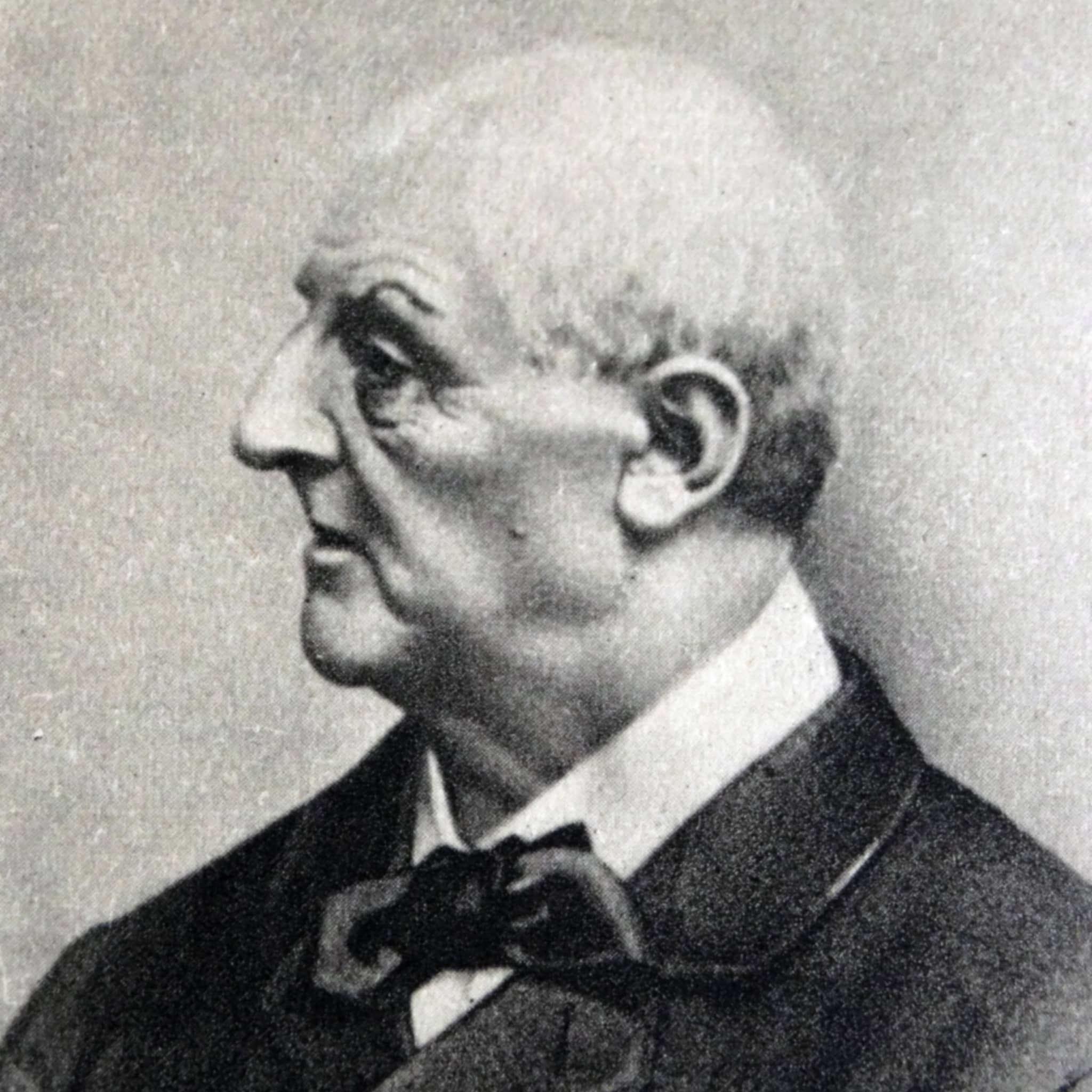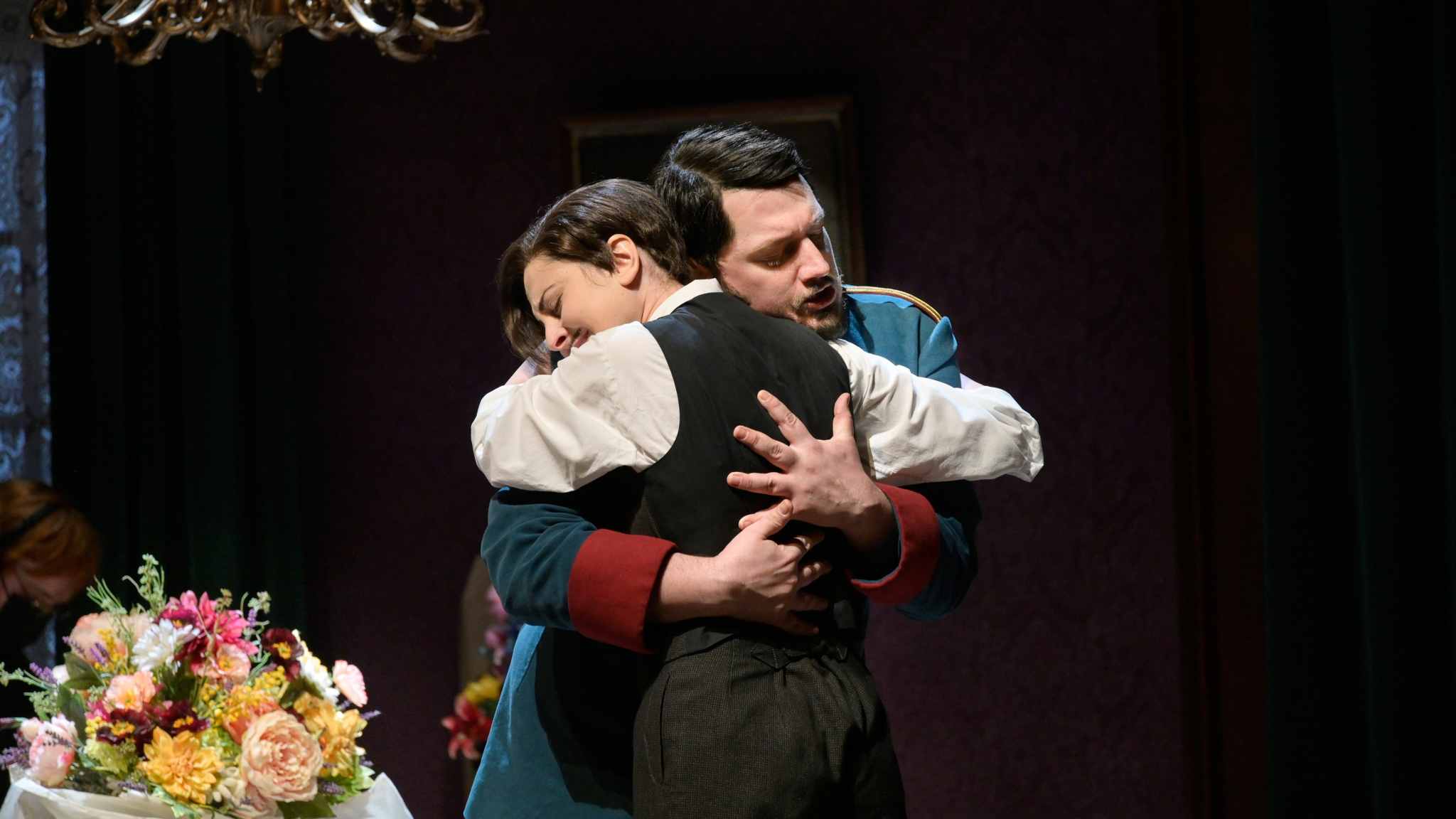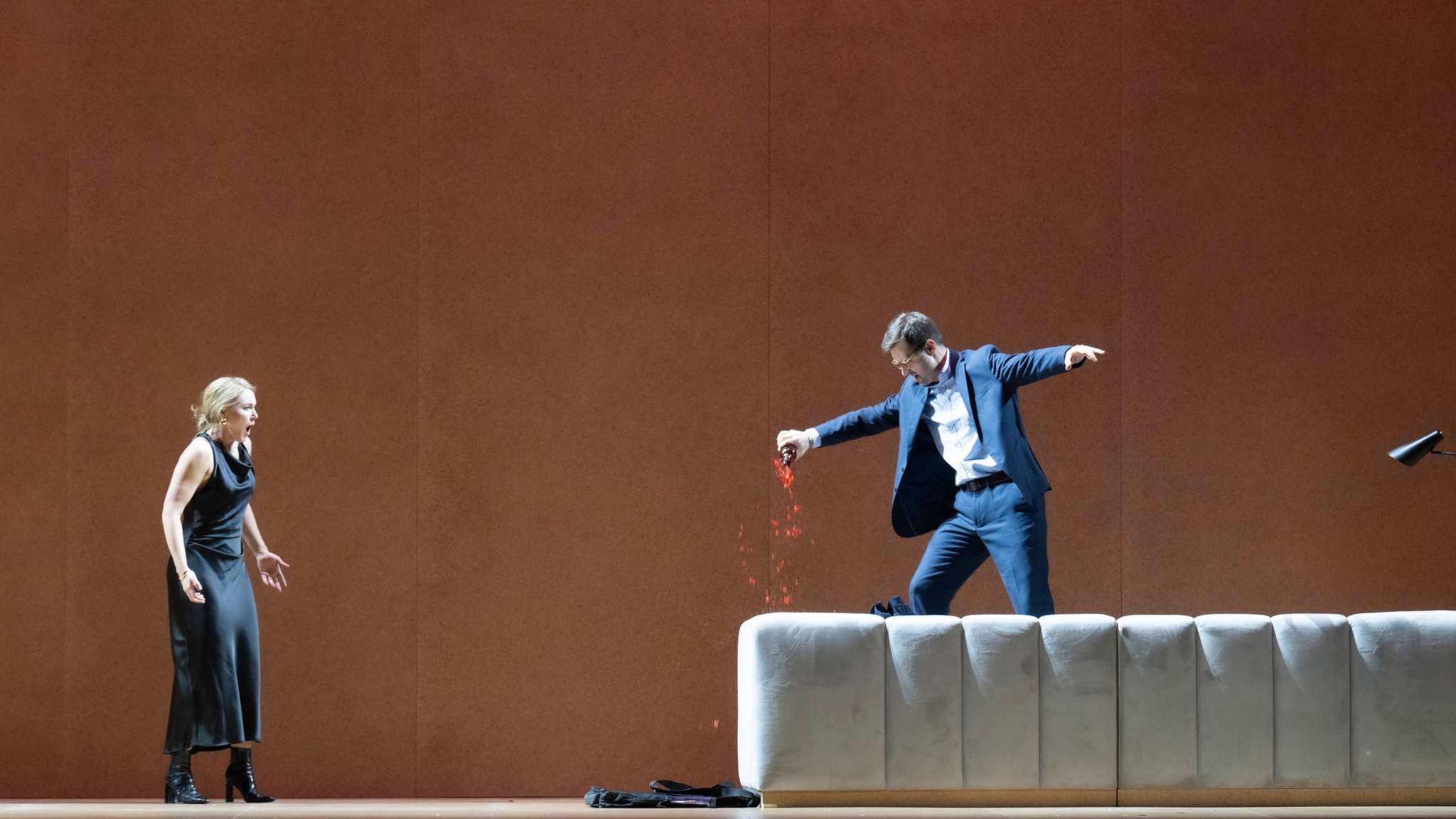Anton Bruckners Lebensweg Anton Bruckners Lebensweg vor der Entstehung seiner Siebten Symphonie (1881–1883) war von außergewöhnlicher Ausdauer und Belastung geprägt, wodurch sowohl seine psychische Stabilität als auch sein Glaube stark auf die Probe gestellt wurden. Als Zeichen des Dankes für die schwierigen Jahre in Wien widmete Bruckner das Te Deum (1881–1884) Gott.
Ursprünglich war Bruckner voller Zuversicht, als er 1868 im Alter von 44 Jahren von Oberösterreich nach Wien übersiedelte, nachdem er dort bereits beachtliche Erfolge erzielt hatte. Trotz der Unterstützung durch Johann Herbeck und seines steigenden Ansehens als Organist begegnete ihm die Wiener Musikwelt mit Ablehnung und Spott. Nach Herbecks Tod leitete Bruckner selbst die Uraufführung seiner Dritten Symphonie, die jedoch in einem Misserfolg endete und ihm heftige Kritik einbrachte.
Dieses Ereignis erschütterte Bruckners Selbstvertrauen tief und führte zu persönlichen sowie beruflichen Rückschlägen, darunter scheiternde Liebesbeziehungen. Dennoch schöpfte er neue Kraft und blieb seiner Überzeugung treu, dass das Komponieren seine wahre Berufung sei. Mit unermüdlicher Beharrlichkeit schuf er weitere Werke und verzeichnete schließlich mit der Siebten Symphonie einen großen Triumph – die Erstaufführung in Leipzig wurde mit Begeisterung aufgenommen.
Bruckners Freund Friedrich Eckstein zeigte sich beeindruckt von den originellen Skizzen zum Eröffnungsthema der Siebten, das sich durch seine Einzigartigkeit auszeichnete. Die Komposition selbst besticht durch dramatische Höhepunkte und kunstvolle Entwicklung, die Bruckners Meisterschaft unterstreichen. Trotz mancher schwieriger Passagen fand die Symphonie breite Anerkennung und markiert einen Höhepunkt in Bruckners Schaffen.















